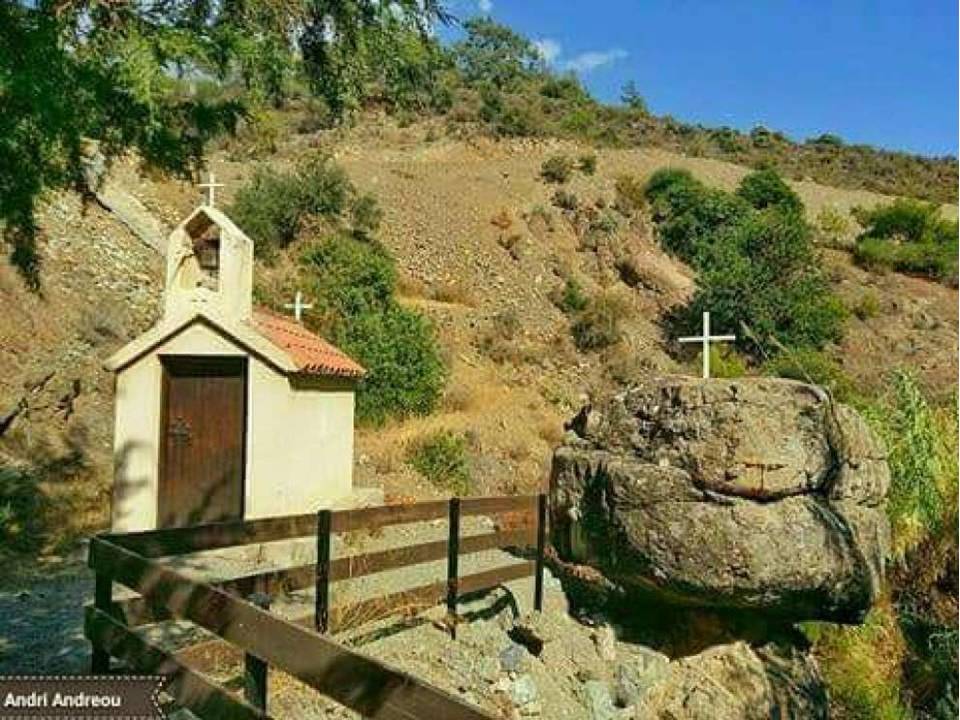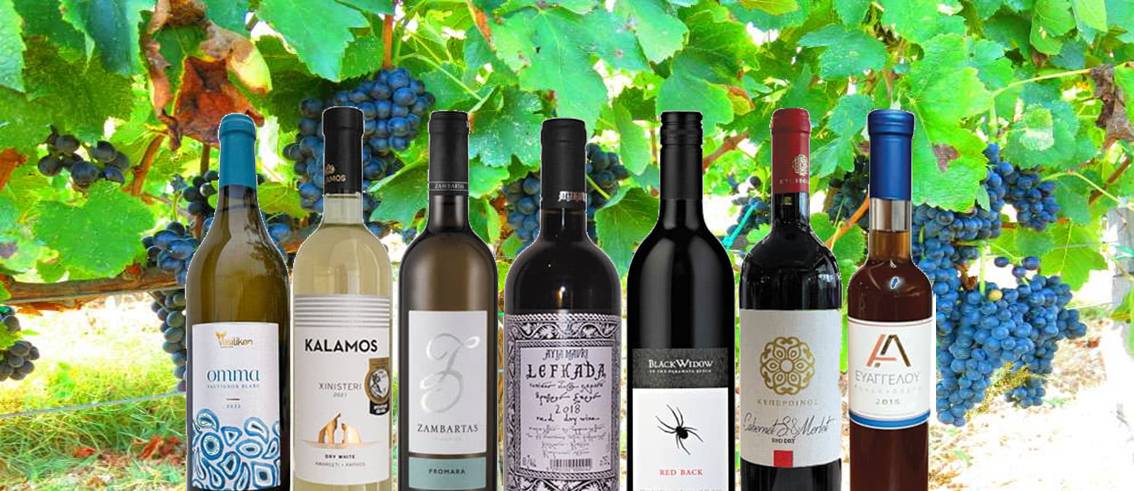Vasa Kellakiou Wine Village
Vasa Kellakiou wine village, a charming village nestled in the Limassol district of Cyprus, is a place where history, culture, and viticulture intertwine. Known for its long-standing tradition of wine production, Vasa Kellakiou, or simply Vasa, stands as a testament to the island’s rich agricultural heritage. The village’s name, believed to be derived from the ancient Greek word “Vassilis,” meaning king, reflects its historical significance. Over the centuries, Vasa Kellakiou has evolved from a simple rural settlement into one of Cyprus’ renowned wine-producing regions.
Early History
The origins of Vasa Kellakiou wine village date back to the Byzantine period when the fertile lands of Cyprus attracted settlers who cultivated vineyards. The village’s location on the southern slopes of the Troodos Mountains provided an ideal microclimate for grape cultivation. Archaeological findings suggest that wine production in the area began as early as the 10th century, with evidence of ancient wine presses and storage facilities. During this period, the village was a small but thriving community, with viticulture playing a central role in its economy and culture.
Medieval and Ottoman Periods
During the medieval era, Vasa Kellakiou experienced significant growth, largely due to the expansion of viticulture. The Lusignan and Venetian rulers of Cyprus recognized the potential of Cypriot wines and encouraged their production for export. Vasa Kellakiou’s wines gained popularity in European markets, particularly in Italy and France. The village’s vineyards expanded, and wine production became more sophisticated, incorporating techniques from Western Europe.

However, the Ottoman conquest of Cyprus in 1571 brought about significant changes. The new rulers imposed heavy taxes on wine production, leading to a decline in the industry. Many vineyards were abandoned, and the village’s population dwindled. Despite these challenges, the resilient villagers of Vasa Kellakiou continued to produce wine, albeit on a smaller scale. Wine production during this period was mostly for local consumption, with the villagers preserving traditional methods passed down through generations.
19th and 20th Centuries: Revival and Modernization
The 19th century marked a period of revival for Vasa Kellakiou. The decline of Ottoman rule and the arrival of British colonial administration in 1878 brought new opportunities for the village. The British, recognizing the potential of Cypriot wines, invested in the modernization of wine production. They introduced new grape varieties, improved viticultural practices, and facilitated the export of wine to the United Kingdom and other parts of the British Empire.
By the early 20th century, Vasa Kellakiou had regained its reputation as a prominent wine-producing village. The introduction of cooperatives in the 1930s further strengthened the village’s wine industry, allowing small-scale producers to pool resources and improve the quality of their wines. The establishment of the Cyprus Wine Producers Association in 1947 also played a crucial role in promoting Cypriot wines internationally.
Post-Independence and Contemporary Era
Following Cyprus’ independence in 1960, Vasa Kellakiou, like many other rural communities, faced the challenges of modernization and urbanization. The younger generation began migrating to cities, leading to a decline in the village’s population. However, the village’s wine industry remained resilient, adapting to new market demands and technological advancements.
In recent decades, there has been a renewed interest in Cypriot wines, with Vasa Kellakiou playing a central role in this renaissance. The village’s vineyards have embraced

organic and sustainable practices, producing high-quality wines that have gained recognition in international competitions. The revival of traditional grape varieties, such as Mavro and Xynisteri, has also contributed to the village’s growing reputation as a centre of excellence in viticulture.
Cultural Heritage and Tourism
Today, Vasa Kellakiou is not only celebrated for its wines but also for its cultural heritage. The village’s narrow streets, traditional stone houses, and historic churches offer visitors a glimpse into Cyprus’ rich history. Wine tourism has become a vital part of the local economy, with wine festivals, vineyard tours, and tastings attracting visitors from around the world.
Vasa Kellakiou remains a living testament to the enduring legacy of Cypriot viticulture. Its history is a blend of resilience, adaptation, and innovation, reflecting the broader story of Cyprus itself. As the village continues to thrive in the 21st century, it stands as a symbol of the island’s rich cultural and agricultural heritage.

